Dog Breeds That Love to Fetch
A tennis ball can mean a lot of things in a dog’s world. It can turn a backyard into a training ground or a bonding session. Fetch taps into more than just energy levels. It is tied to instinct, focus, and work ethic, shaped by what each breed was built to do.
Some breeds are genetically tuned for it and bring something a little extra to every throw.
Labrador Retriever
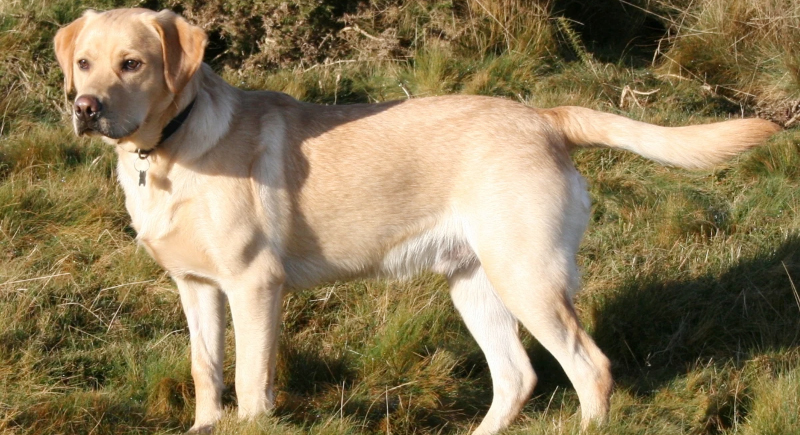
Credit: Wikimedia Commons
Few dogs lock into a game of fetch like the Labrador Retriever. With webbed feet, otter-like tails, and strong swimming muscles, they’re practically amphibious. They were originally tasked with hauling fishing nets in Newfoundland’s icy waters. And now, they’ll haul anything from frisbees to soggy tennis balls. It’s play for them, yes, but it’s also a purpose they never outgrow.
Golden Retriever
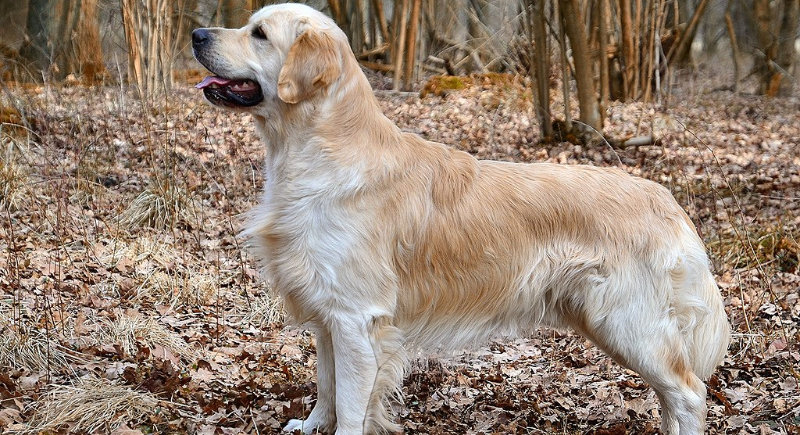
Credit: Wikimedia Commons
A Golden’s mouth is so soft that they can carry a raw egg without cracking it. That’s by design, and that’s why these dogs were developed to retrieve game without damage. Their calm, steady energy means they’ll wait for the next toss with utmost attention, often outlasting both the ball and the person throwing it.
Border Collie
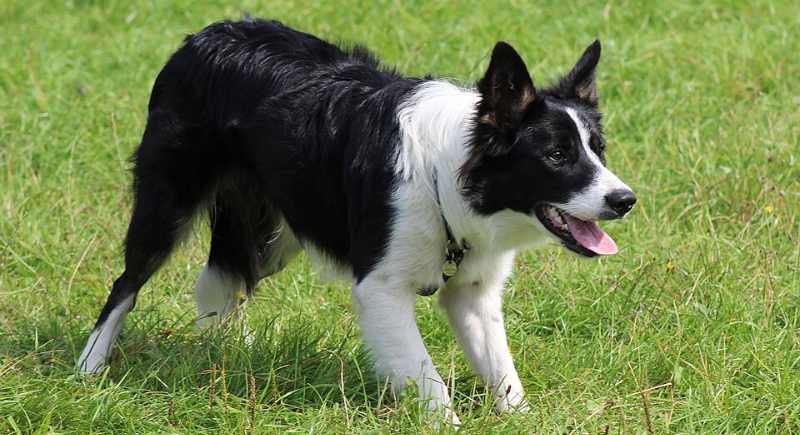
Credit: Wikimedia Commons
You won’t catch a Border Collie zoning out mid-fetch. These dogs track movement like radar, thanks to a background in herding. They’ll often anticipate your throw before your arm even moves. They crave structure and predictability, so fetch turns into a satisfying mental drill.
German Shepherd
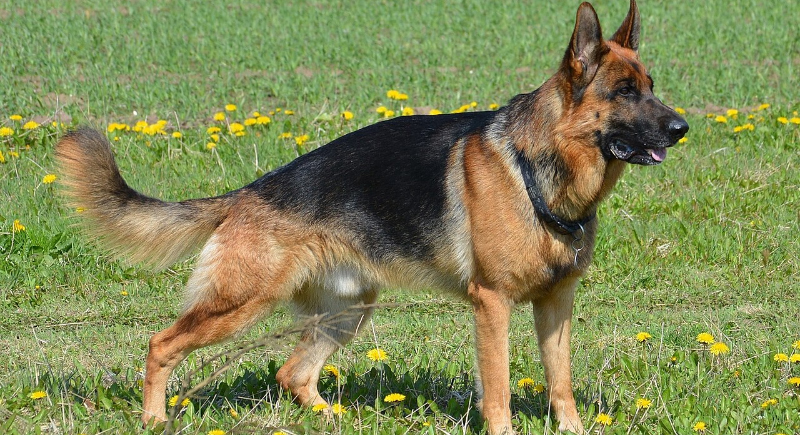
Credit: Wikimedia Commons
To keep a German Shepherd engaged, fetch has to feel like work. These dogs respond best to patterns and direction, not chaotic throwing. Their working-dog mindset thrives on goals, which is why fetch with them can feel more like a training session than free play.
Standard Poodle
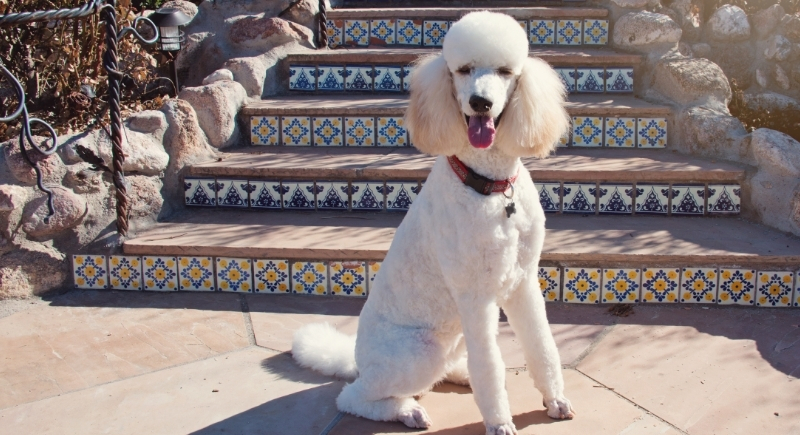
Credit: Getty Images
Forget the show-ring stereotypes. The Standard Poodle is a capable, athletic retriever. Agile and highly responsive, they excel at learning fetch games with extra layers: multi-toy routines, voice cues, or even sorting by color. Many can recognize dozens of toy names without much effort.
Weimaraner
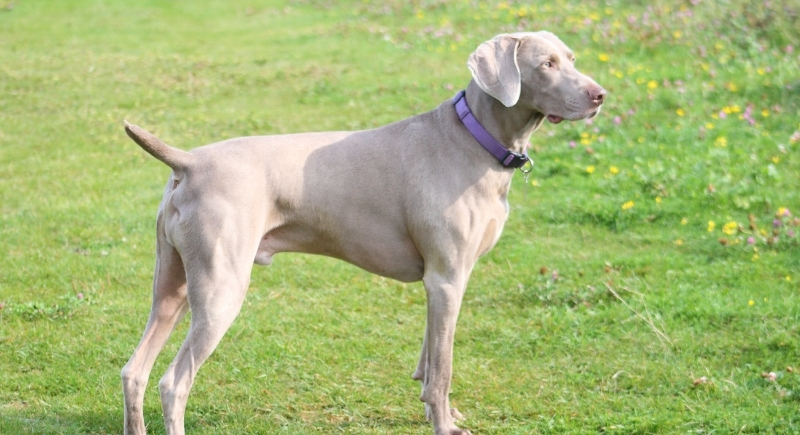
Credit: Getty Images
Sprint-first instincts drive the Weimaraner. This breed was developed for pursuing large game across open terrain, and that same energy is also evident in its enthusiasm for fetch. They’re driven more by the thrill of the chase than the object itself, which makes fetch sessions fast, focused, and surprisingly athletic.
English Springer Spaniel
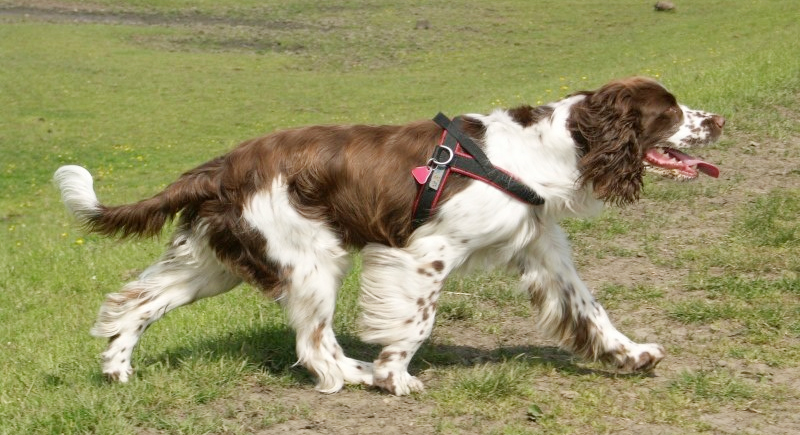
Credit: Wikimedia Commons
With an English Springer Spaniel, fetch rarely stays casual. These dogs were trained to flush and retrieve birds, and they work the backyard like it’s a hunting ground. Expect quick pivots and strong recall. They don’t just retrieve. They stay connected the whole time, waiting for direction.
German Shorthaired Pointer
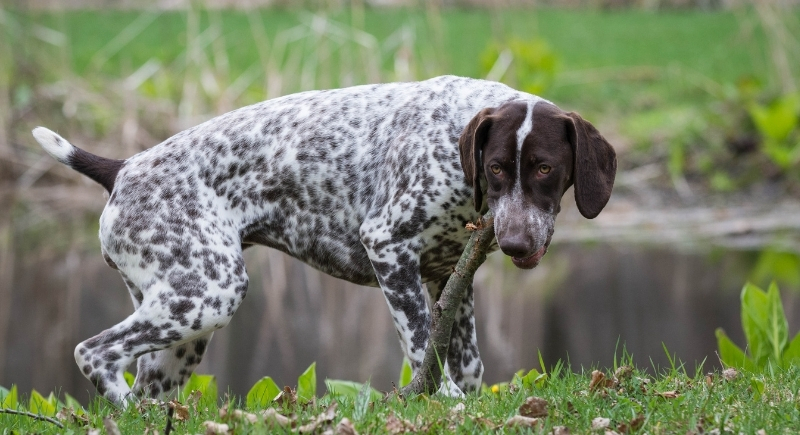
Credit: Canva
German Shorthaired Pointers approach fetch like a multi-terrain task. They’re equally at home plunging into water or sprinting across fields. Their carry is impressively controlled, thanks to their upland game background. They rarely drop or damage toys, and their recall is quick enough to keep the pace brisk and clean.
Belgian Malinois
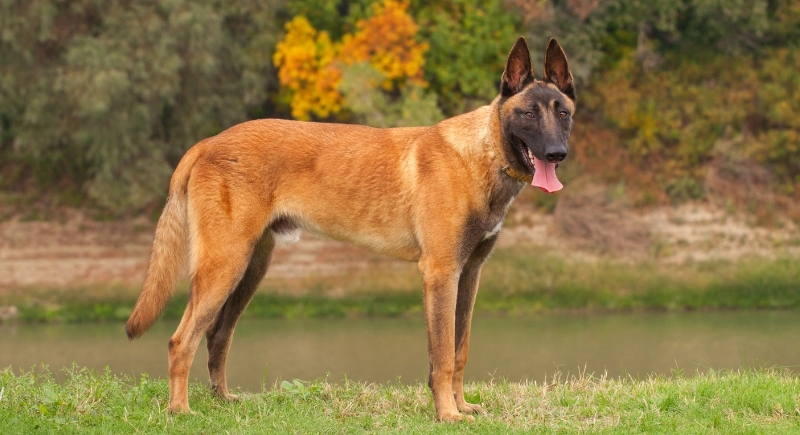
Credit: Canva
Fetch offers an outlet that the Belgian Malinois often needs. Their law enforcement lineage means they respond best to structure, so a chaotic back-and-forth game may not hold their interest. Add voice commands or a reward system, and you’ll see just how intensely focused they can become.
Doberman Pinscher
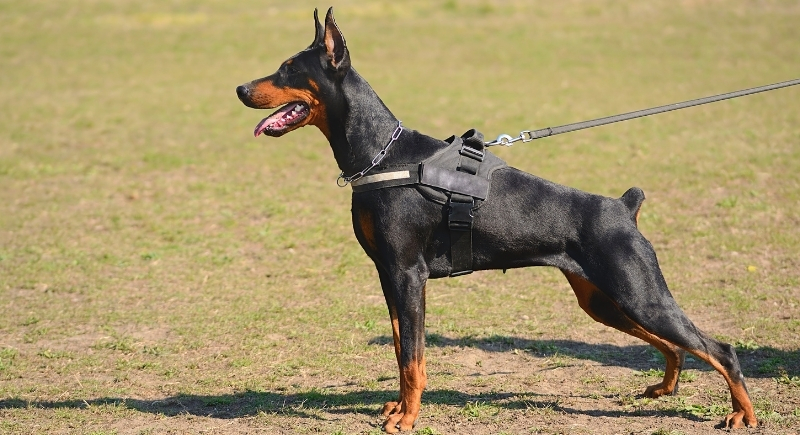
Credit: Getty Images
When given purpose and praise, the Doberman Pinscher becomes a reliable fetch partner. Though not a natural retriever, this breed’s speed and responsiveness make it ideal for fast, focused play. They’re quick on the sprint, alert to cues, and thrive in short, structured bursts. Keep the game consistent, and their agility and sharp reflexes make them surprisingly strong fetch partners.